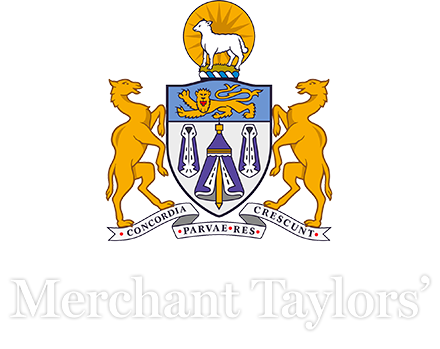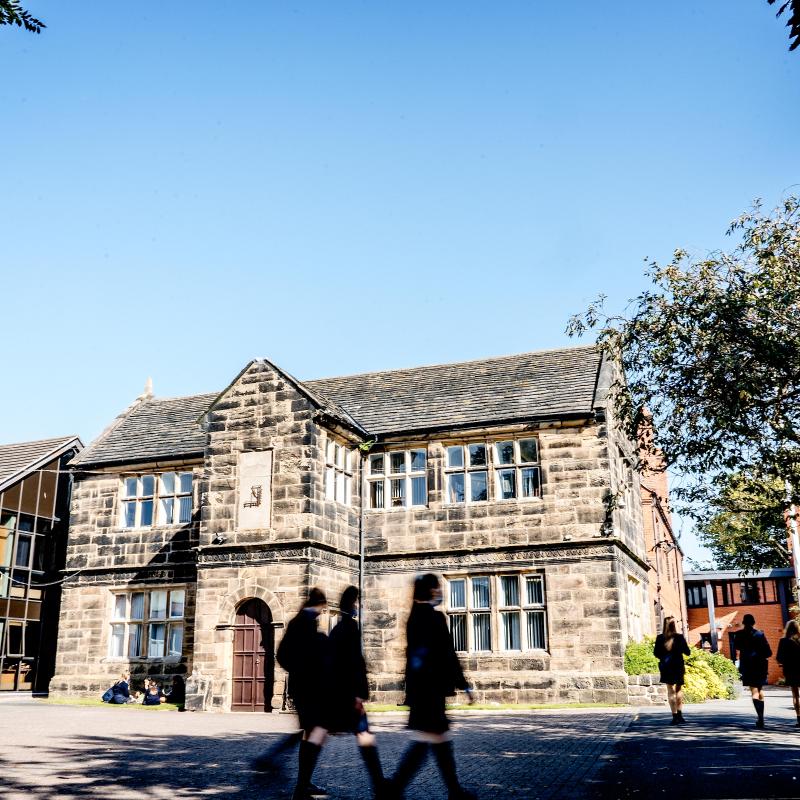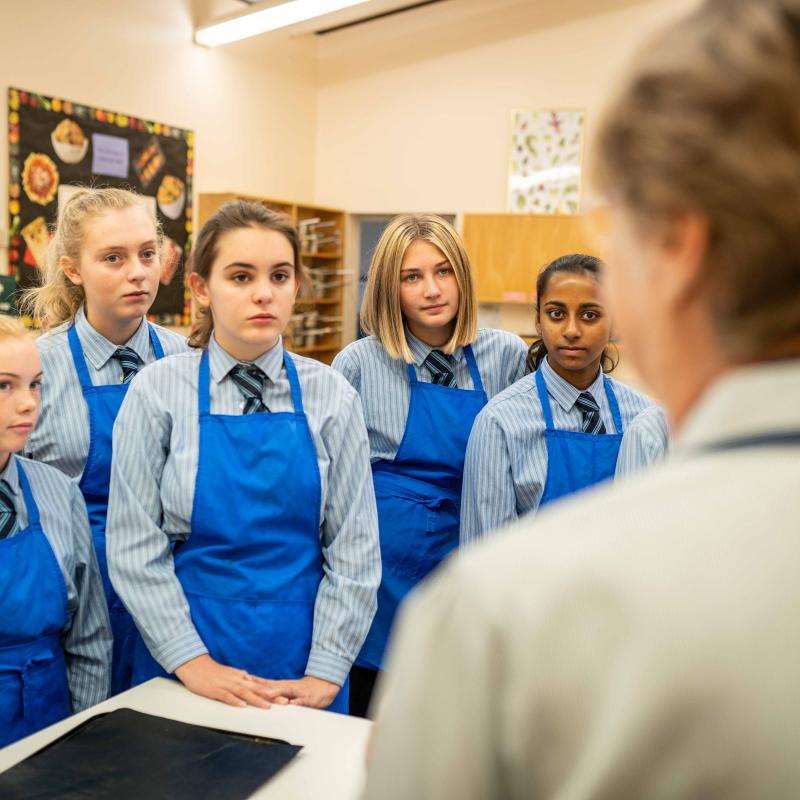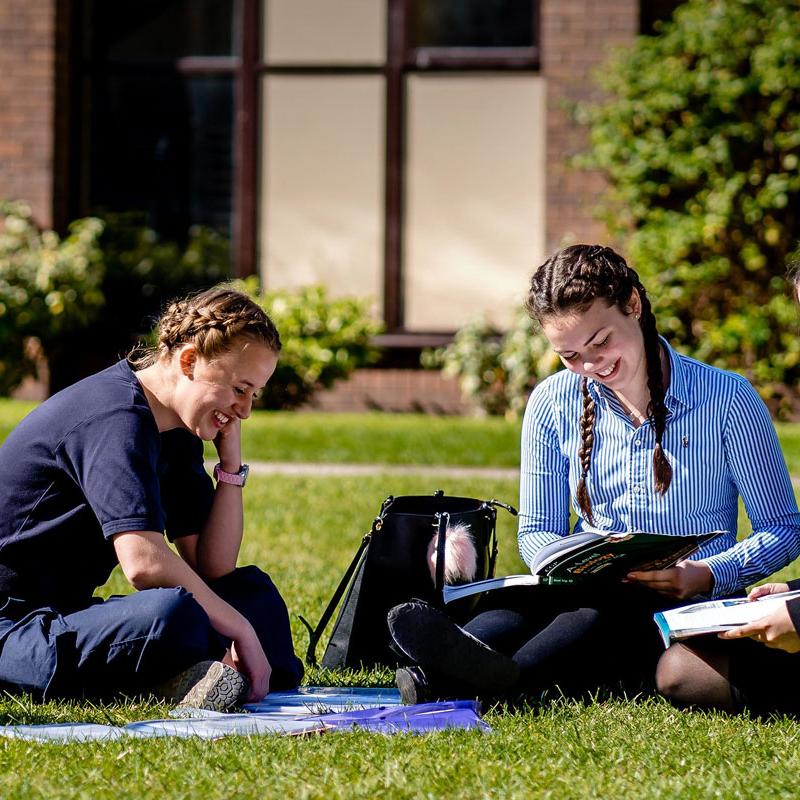Physics
The school has a thriving Physics department and a large number of pupils elect to take the subject as a single GCSE and as an A-Level choice.
Pupils routinely go on to study at top UK universities, pursuing not only physics or engineering, but many other subjects such as law, economics, and medicine.
The department has tapped a strong vein of enthusiasm within the school population and we encourage students to take advantage of the opportunities available outside of the examinable curriculum.
Lower School
In Year 7 and 8, pupils follow a general science course containing a mixture of content from Biology, Chemistry and Physics.
In Year 9, pupils have separate lessons in all three sciences, taught by subject specialists.
The Physics topics in Year 9 are as follows:
– Thermal Physics
– Astrophysics
– Waves
– Refraction
– Electromagnetic Spectrum
GCSE
GCSE Physics continues to be a key element of a modern scientific education and is vital preparation for a variety of career routes.
Studying Physics at GCSE level enables students to acquire a systematic body of scientific knowledge and skills that can be applied in new and changing situations in domestic, environmental and industrial contexts.
Pupils will have several opportunities to experience the practical nature of Physics, acquiring experimental and investigative techniques throughout the course.
Nuclear power, radiation and the environment constitute a pressing issue in today’s world and analysis of the Physics involved provides a sound basis for critical discussion. The study of mechanics introduces pupils to Newton’s laws of motion and related concepts such as momentum, energy and power, all of which are fundamental to understanding the forces that govern our universe. Furthermore, that life-blood of modern society, electricity, allows the opportunity for extensive practical work.
In Year 10, pupils choose whether to study all three sciences separately, gaining three separate GCSEs at the end, or they can follow a combined science course, gaining two GCSEs at the end.
• For those who choose three separate sciences, they will follow the Edexcel International GCSE in Physics.
• For those who choose the combined science course, they will follow the AQA combined science trilogy specification.
A Level
The programme of study in A-Level Physics allows pupils to develop a valuable and broad conceptual view of the subject, touching on contemporary issues such as quantum theory and the principles of construction and operation of a nuclear power station.
Pupils will acquire the knowledge to be able to explain many phenomena seen in nature and the course is pertinent to both small and large scale engineering projects, from scanning tunnelling microscopy and interferometry through analysis of electrical circuits and projectile motion to calculating the orbital requirements of a communications satellite.
Physics finds a natural partner in Mathematics and this combination is essential for any pupil considering undergraduate courses in Physics or Engineering. Though studying A-level Mathematics alongside A-level Physics is recommended, many Physics students do still achieve high grades at A-level without also studying Mathematics. A minimum of a grade 7 in both GCSE Physics and Mathematics is a prerequisite for studying Physics at A-level.
Many pupils pursue enrichment and extra-curricular opportunities, such as trips to lectures, national physics competitions or summer schools in physics or engineering. This helps them to develop greater experience, depth of knowledge in particular areas of the subject and to make informed and successful university applications.
The thorough, analytical approach required for problem-solving in A-Level Physics makes it a desirable subject for universities; some students go on to pursue Physics and Engineering, while a good proportion continue their educational career in subjects as diverse as Medicine, Law, Economics, Politics and Philosophy.




